Research objectives
- Explore the nexus of travel demand, energy use, air quality and carbon emissions at the individual, household, city and national levels;
- Examine the emergence and development of innovations that are expected to reduce energy demand and carbon emissions in passenger and freight transport;
- Understand how transport systems and practices can be made more resilient to climate change;
- Explore different long-term futures for low-carbon and resilient transport systems;
- Develop and apply multi-scale decision support systems and modelling tools;
- Make a practical contribution to policy making in the transport, climate, air quality and energy domains.
Current research projects
Just Transitions on Indian Streets (JusTIS) is a collaborative research project that explores how Indian cities can respond to climate change in ways that are fair and inclusive for street-based workers. These workers—such as street vendors, platform workers, and informal transport operators—play a vital role in everyday urban life but are often excluded from decisions that shape the cities they help sustain. As India undertakes major urban and climate transitions, the project seeks to centre the voices, experiences, and knowledge of these workers in planning for more equitable and sustainable urban futures.
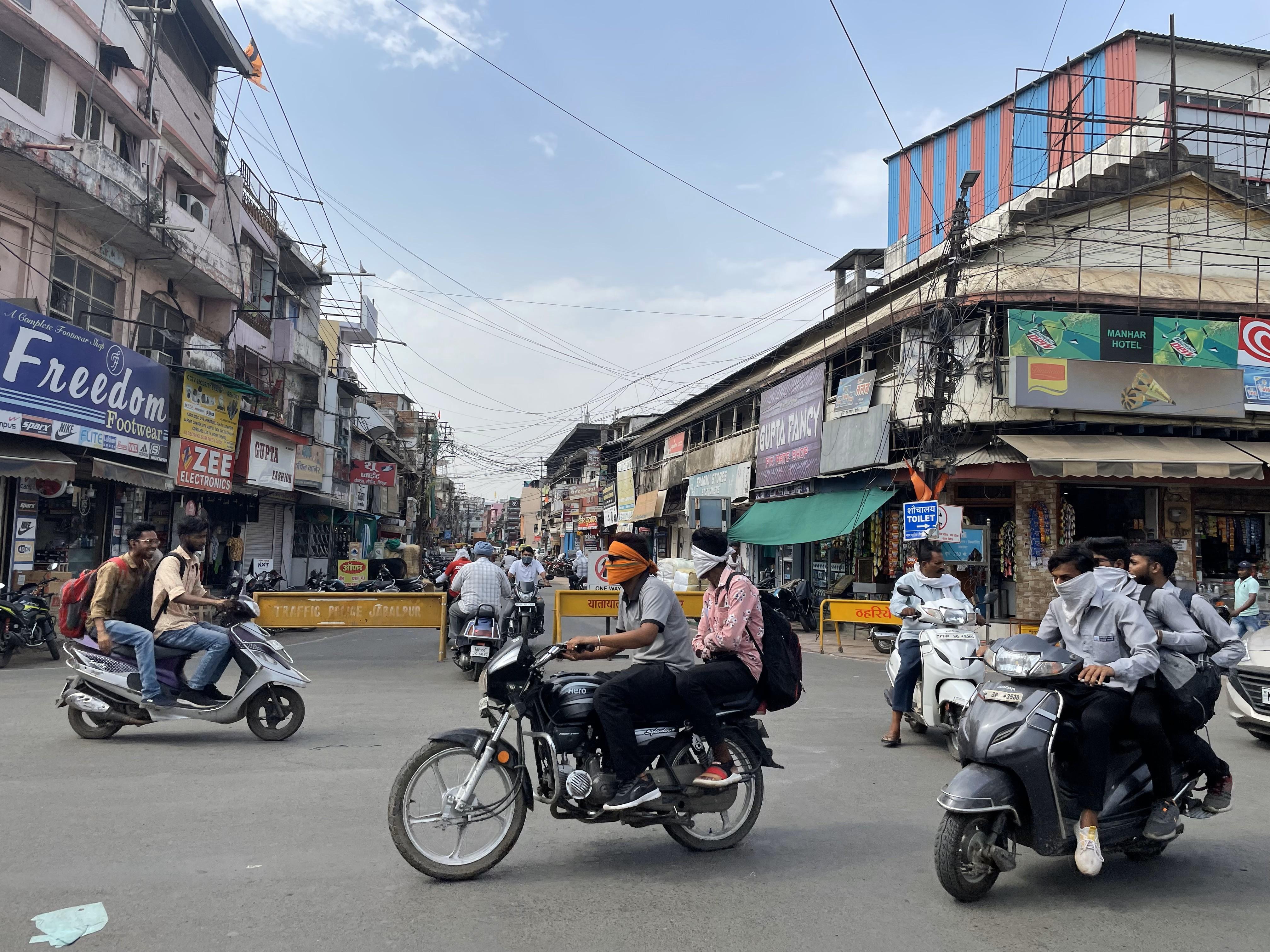
SEMiTaSS aims to research how electric vehicle (EV) sharing can become a successful sustainable mobility option in rural towns and villages.
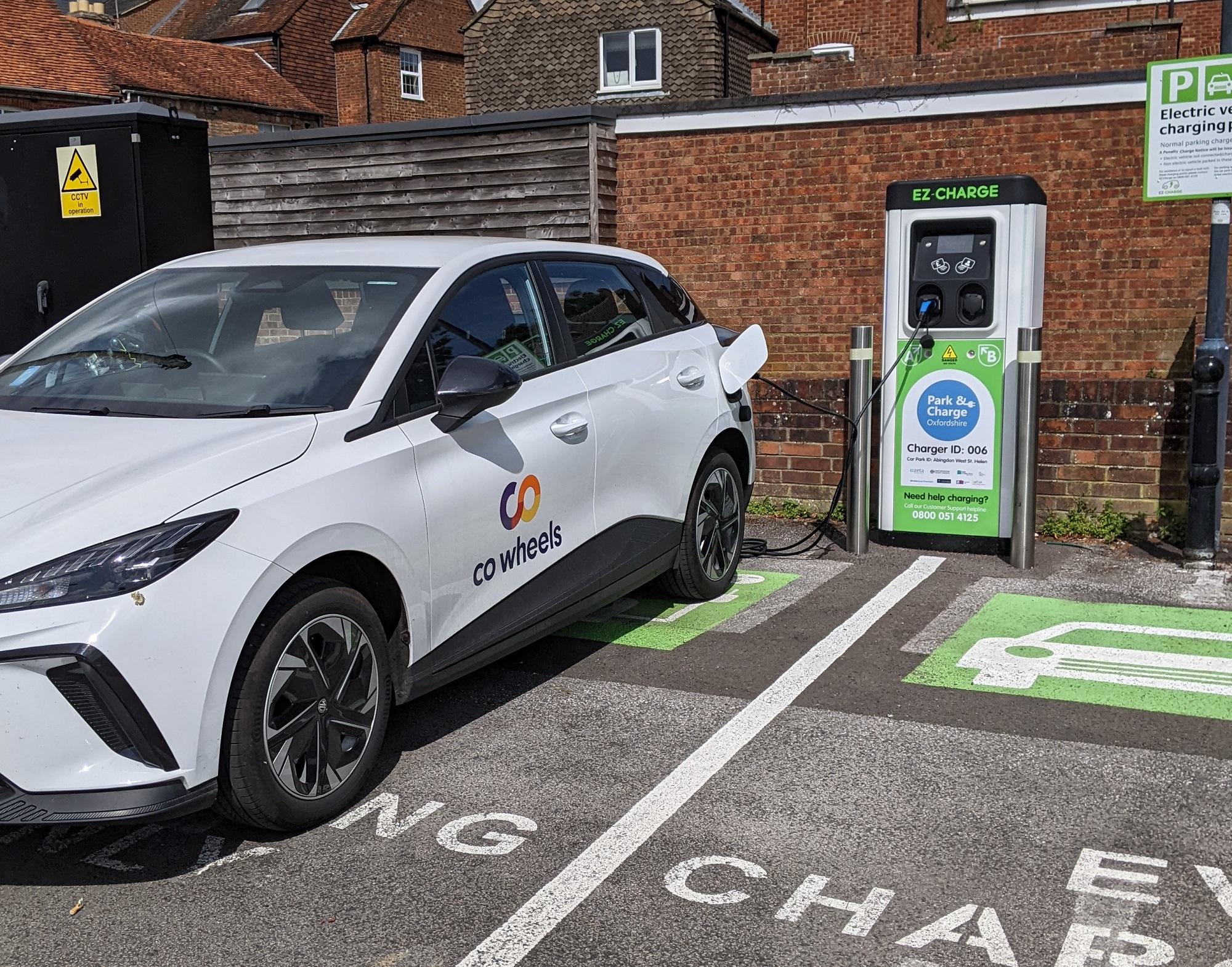
The Specifying Practices Enabled by Cycling In FIfteen-minute Cities (SPECIFIC) project funded by ESRC aims to combine social practice theory, thinking on socio-spatial justice and urban development, and transdisciplinary action research to co-create a tool to facilitate successful implementation of the 15MC concept in context-sensitive ways in low-density, peripheral settings in small and medium-sized cities in Europe.

The project aim is to understand the potential of existing and new forms of e-micromobility, including identifying the people, places and circumstances where they will be most useful, in order to reduce mobility-related energy demand and carbon emissions while improving people's health.
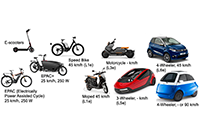
The Climate Compatible Growth (CCG) programme is funded by the UK's Foreign Development and Commonwealth Office to support investment in sustainable energy and transport systems to meet development priorities in the Global South.
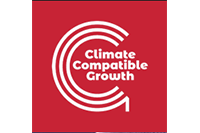
Recent research projects
The aim of this project is to develop a prototype tool designed for local authorities, shared mobility operators and other stakeholders to appraise, benchmark and evaluate the place-specific potential for and contribution of shared electric mobility.
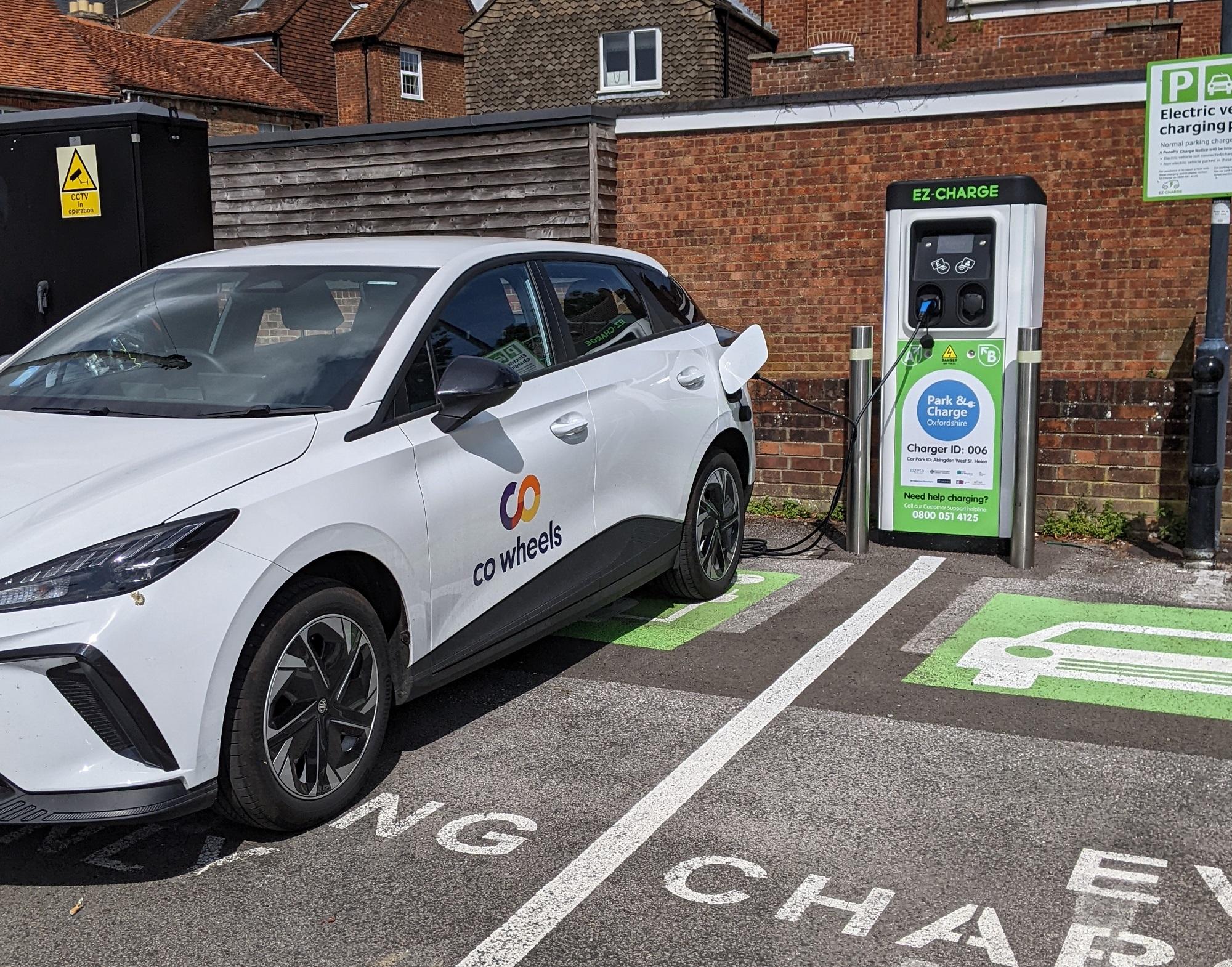
This project attempts to understand how the negotiation processes for low-carbon mobility transitions in informal transport are unfolding in three medium-sized cities: Amritsar, Cebu City, and Gqeberha, located in India, the Philippines, and South Africa.

By synthesising evidence from the electric car club trial in Oxfordshire and data secured from an operator working in various smaller communities nationally, as well as developing relationships with other policymakers, operators and communities with shared EV projects, this project aims to give local policymakers and car club operators confidence to support and scale shared EVs in smaller settlements.
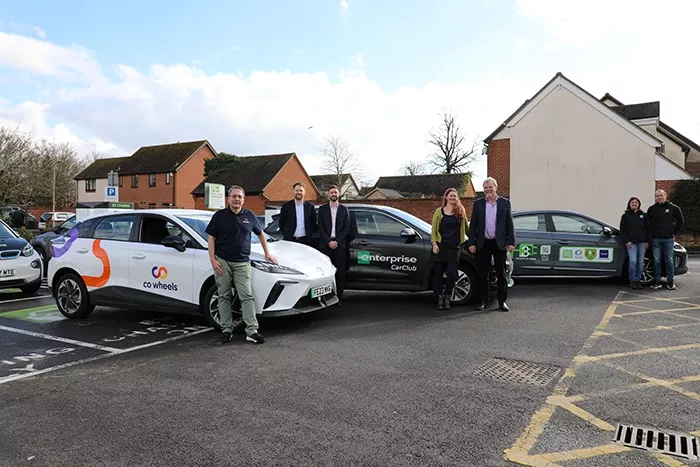
The transition to electric mobility will have significant impacts on energy infrastructure systems. On the other hand, urban development plays a crucial role in determining where the need may arise for electric vehicles (EVs) and their charging infrastructure. Yet to date, the interaction and dependency of energy infrastructure and urban development, alongside the impacts of EV policies, within different institutional contexts remain insufficiently explored.

European cities' attempts to accelerate the transition to electric mobility (EM) are generating environmental benefits and enhancing economic viability. Unclear is how socially just these attempts and their outcomes are in terms of who benefits (distribution), whose needs are considered (recognition), and who gets to decide and how (procedure).

Research on digitalisation and its manifold implications for social justice and environmental integrity has been gaining momentum in recent years. Various studies have shown that current forms of digitalisation tend to accelerate economic and social inequalities while environmental costs outweigh environmental benefits. Hence, the need for societal and political action to reshape digitalisation is becoming increasingly clear. But what are core elements of a sustainable digitalisation that contribute to deep sustainability transformations, and how can these be implemented?

Transport is responsible for around a quarter of global greenhouse gas (GHG) emissions, and and thereby has an important role to play in carbon reduction efforts. Around the world, academic institutions have become aware of their contributions to GHG emissions, seeking to reduce emissions associated with institutional activities. Yet, to date, little action has been taken to systematically monitor or reduce the emissions associated with academic flying.

The fourth phase of the UK Energy Research Centre (UKERC) (UKRI support: £18 million) is undertaking world-class research on the decarbonisation of key sectors such as industry, transport and heat, and exploring the role of local, national and global changes in energy systems.
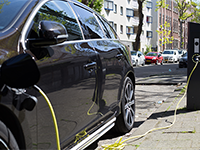
Transport is a major contributor to determinants of population health. Adverse health impacts are greatest in rapidly urbanising and motorising lower and middle income country cities.

The FAIR (Fuel and trAnsport poverty In the UK’s energy tRansition) project will examine the intersections between fuel and transport poverty, and low carbon energy transitions, in the UK. Fuel poverty has been defined as the inability to secure materially- and socially-necessitated energy services, such as heating a home or using appliances. Transport poverty is the enforced lack of mobility services necessary for participation in society, resulting from the inaccessibility, unaffordability or unavailability of transport.








